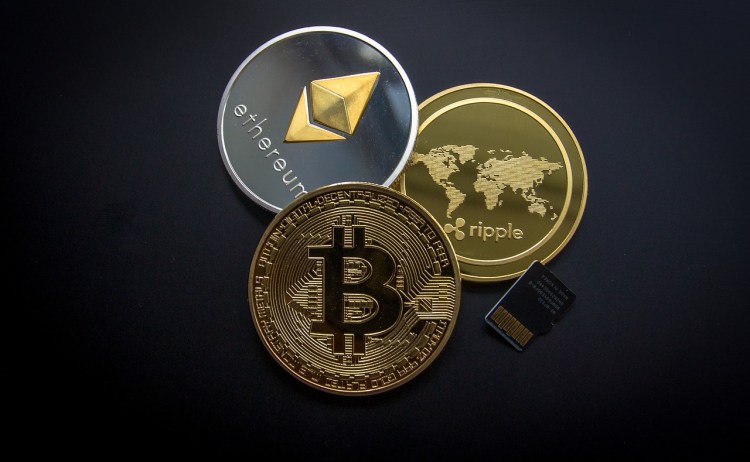When the values of primary cryptocurrencies fall, it’s easy to assume ICOs and token generation events will be affected, too.
Proving that this is not necessarily the case, Fusion has raised over $50 million in less than 24 hours for its token offering.
So what is Fusion, and why is it gaining so much attention?
Fusion is a public blockchain solution that is designed to solve interoperability, scalability, and usability problems within the various blockchain ecosystems. Using smart contracts, it allows for private key generation and signatures, parallel computing of bookkeeping node grouping, proof of work, and proof of stake consensus.
June 5th: The AI Audit in NYC
Join us next week in NYC to engage with top executive leaders, delving into strategies for auditing AI models to ensure fairness, optimal performance, and ethical compliance across diverse organizations. Secure your attendance for this exclusive invite-only event.
In other words, Fusion is creating a system that can connect a variety of tokens efficiently. With dozens of new tokens appearing every month, Fusion offers the potential to combine them into one full-featured financial ecosystem.
“Fusion is the side chain of all other chains,” founder Dejun Qian told me. “By the Distributed Private Key Control Services, any other blockchains’ token holder can map their tokens onto the Fusion public chain. The mapped tokens can be programmed by cross-chain, cross-organization, cross-data source smart contracts. In practice, the system is a distributed multiple token wallet with many financial distributed apps [dApps] in it. People can write their financial dApps and provide financial services.”
The solution is future-proofed, as Fusion supports both tokens that are already in circulation and those that will be issued in the future. The platform offers — among other things — a multi-currency loan system, by which allows users to apply for a loan in one form of token and pay it back with another.
Qian describes other use cases that make sense within the Fusion ecosystem.
“For example, faster payment of Bitcoins,” Qian said. “If both the payer and the receiver have Fusion accounts, they can transfer Bitcoin to the other party in seconds, while in Bitcoin they need an hour. Fusion also allows for cross-token atomic payment. If one has Ethereum but the retailer accepts only Bitcoin, the payer can initiate a smart contract to firstly swap with Bitcoin and then pay the Bitcoin to the shop. Right now, you need to find someone to exchange Ethereum to Bitcoin and then pay the Bitcoin, which is very time-consuming and inconvenient.”
So how do Fusion’s smart contracts differ from existing Ethereum-based smart contract solutions?
“The Ethereum smart contracts are not scalable, since they are unable to cross-chain; not that smart, since they are not using cross-data sources; and not automatic, since they can only be triggered by transactions,” Qian said. “Fusion is an independent public chain that has multiple token smart contracts, which are distributed and can visit off-chain data sources and can run automatically by calling a list mechanism.”
Ultimately, it is the ability to solve some of cryptocurrency’s most pressing issues that has led to increased interest in Fusion.
“The blockchain has three bottlenecks: interoperability, usability, and scalability,” Qian said. “Any innovation that can solve the above problems will be important to blockchain technology.”
Fusion’s token sale will close on Feb. 11th at 4 a.m. Pacific.

